CCTV News:Today is the 15th anniversary of China’s accession to the WTO. In the past 15 years, what impact has China’s entry into WTO brought to China’s economic development? What does China’s entry mean to the world economic and trade system?
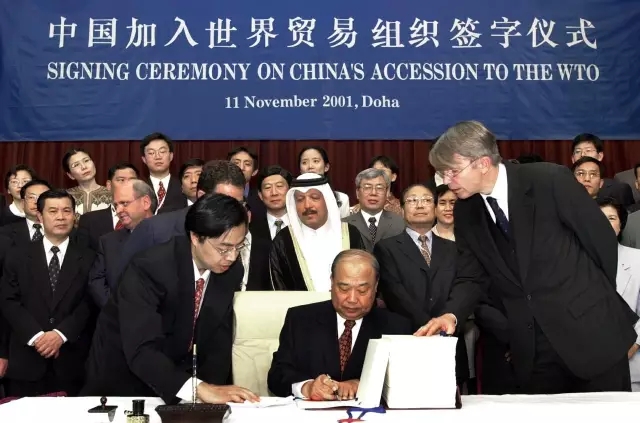
On November 11th, 2001, in Doha, Qatar, Shi Guangsheng, then Minister of Foreign Trade and Economic Cooperation of China, signed on behalf of the China government at the ceremony of China’s accession to the WTO.
Great changes have taken place in China itself and even in the world since its entry into WTO 15 years ago.
Looking back on the past 15 years, China has made great progress in economic development, system construction and participation in international governance, but at the same time, it also needs to face up to the problems such as the increase of trade friction caused by changes in external environment.
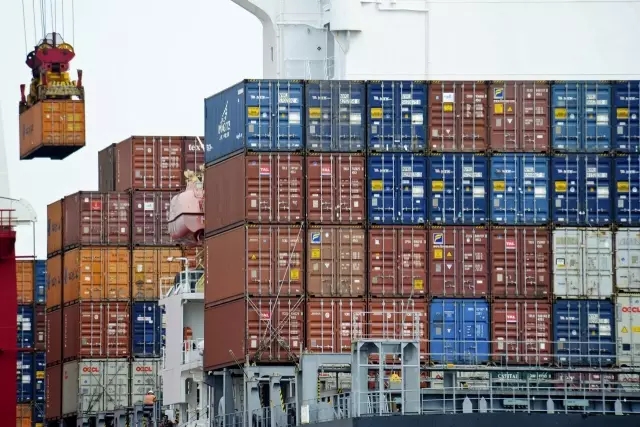
First of all, by joining the WTO and connecting with the world, China’s economy will grow under the global competition.
On the eve of China’s entry into WTO, China is the sixth largest economy in the world. Now, China has become the world’s second largest economy, the largest trader of goods, and the second largest foreign investor, with a per capita GDP of nearly 8,000 US dollars. This series of achievements can directly prove China’s great progress since its entry into WTO.
Entering WTO is an important step for China to integrate into the world market, which is conducive to attracting foreign investment, promoting exports and promoting economic development. Therefore, the membership of WTO is called the stabilizer and accelerometer of China’s economic take-off. In the process of China becoming the world’s factory, China enterprises have also learned to better coordinate the domestic and international situations, make better use of the two markets and resources, and enhance new development momentum, add new impetus to reform and create new competitive advantages in the opening up.
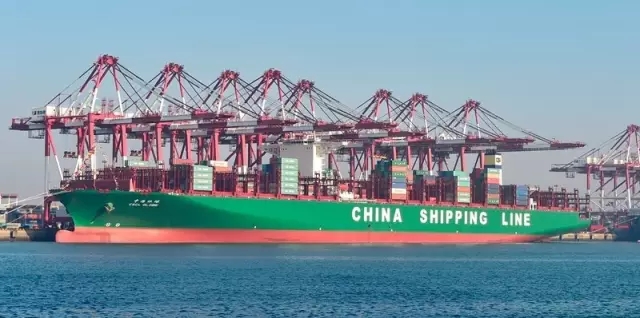
Secondly, after China’s entry into WTO, the development of China has benefited the whole world and achieved a win-win situation.
After China’s entry into WTO, China has not only realized its own development, but also brought more development opportunities to the world. Lamy, former Director-General of WTO, once commented that China’s entry into WTO has brought great changes to world trade, and many countries have also gained a lot with China. For example, US exports to China increased from $19 billion in 2001 to $116.1 billion in 2015; The trade volume between China and Africa increased from 10.8 billion US dollars in 2001 to 179 billion US dollars in 2015.
Since China’s entry into WTO, China has been unswervingly opening wider to the outside world and striving for mutual benefit and win-win results. By implementing a firm opening-up strategy and constantly creating a more comprehensive, deeper and more diversified opening-up pattern, China’s total import in 2015 reached US$ 1.68 trillion, creating tens of millions of jobs for its trading partners. At the same time, China’s inexpensive goods have also brought great benefits to foreign consumers. It is worth mentioning that at present, China’s contribution rate to world economic growth is more than one quarter, and it has been the biggest engine of global economic growth for many years.
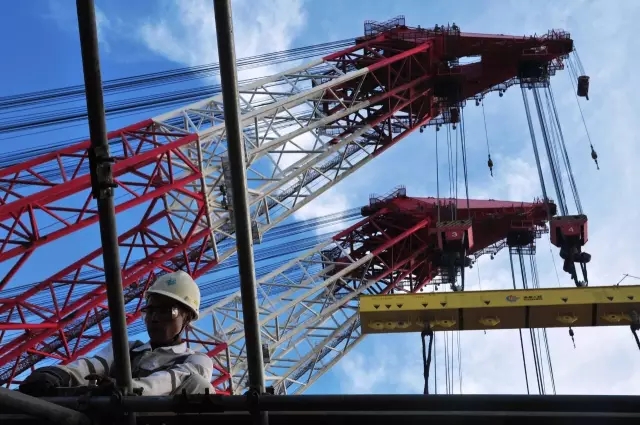
Third, with the gradual deepening of economic and trade ties with the world, China no longer passively accepts the international economic and trade framework, but begins to actively participate in the formulation of rules.
Since China’s entry into WTO, the economic and trade interaction between China and the outside world has continued to deepen. At first, China could only passively adapt to the terms of international trade. Today, China’s position in world trade has been on a par with that of the United States and Europe. Especially after the financial crisis in 2008, China has made the greatest contribution to global economic growth, which also highlights the importance of China in the global trade pattern. China has begun to actively promote the construction of a more just and reasonable international order, including trade order.
China is a participant, contributor and builder in the world trade system. The construction of the "the belt and road initiative" initiative is the "China Program" to promote global development cooperation. This program does not replace the existing cooperation mechanism, does not challenge the existing international economic system, and is a useful supplement and improvement to the existing international mechanism. The goal is to achieve common development and is committed to promoting countries to expand mutual market opening and trade and investment facilitation.
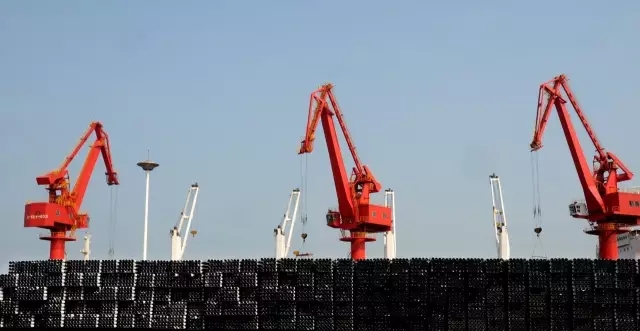
The global trade environment has changed, and challenges and opportunities coexist.
On the other hand, we should also see that the international trade environment has changed a lot in the past 15 years. The deep-seated impact of the international financial crisis still exists for a long time, and the external environment is unstable and uncertain, which leads to the weak growth of global economy and trade.
In the first five years of China’s accession to the WTO, the growth rate of global trade was about 1.8 times that of the world economy, but now the growth rate of global trade has been lower than that of the world economy for four consecutive years. Economic globalization has experienced twists and turns, protectionism and inward-looking tendencies have risen, and the multilateral trading system has been hit. This situation poses a new challenge to China’s foreign economic ties. To cope with this situation, China should take the lead in building an open world economy and continue to promote trade and investment liberalization and facilitation.
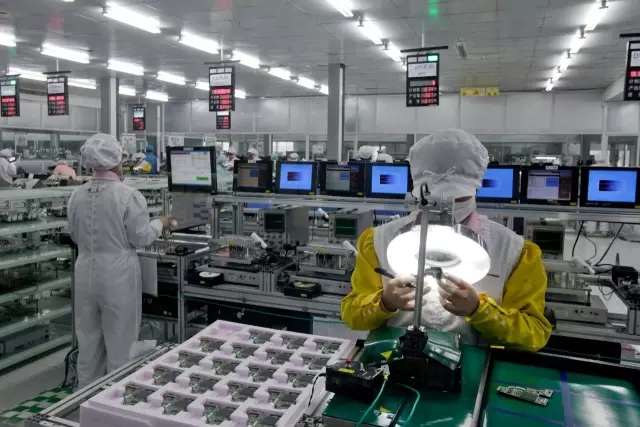
完成产业升级 迎接新的挑战
全球治理体系在发生着深刻的变革,新技术的发展也在重塑全球贸易的格局。“互联网+”向服务业和制造业全面渗透,新产业、新业态、新商业模式不断涌现,全球产业链、价值链、供应链加速整合,这使得国际产业分工和竞争格局正在发生深刻变化。比如,制造业从发达国家向发展中国家的转移放缓,新兴经济体单纯依靠低劳动力成本优势发展加工型贸易从而完成产业升级的路越走越窄。当前主要大国都在重塑竞争新优势,中国也需要完成产业升级,在未来的国家贸易体系中占据有利地位。
国家主席习近平上个月在APEC工商领导人峰会上提到:“经济全球化符合经济规律,符合各方利益。同时,经济全球化是一把双刃剑,既为全球发展提供强劲动能,也带来一些新情况新挑战,需要认真面对。”在入世15年的时候,对以往做总结,无疑可以让中国在未来更好地适应经济全球化,参与经济全球化,塑造经济全球化。
文丨央视评论特约撰稿 王亚宏